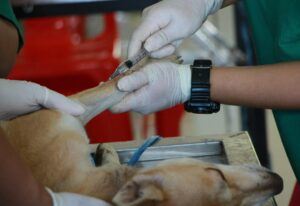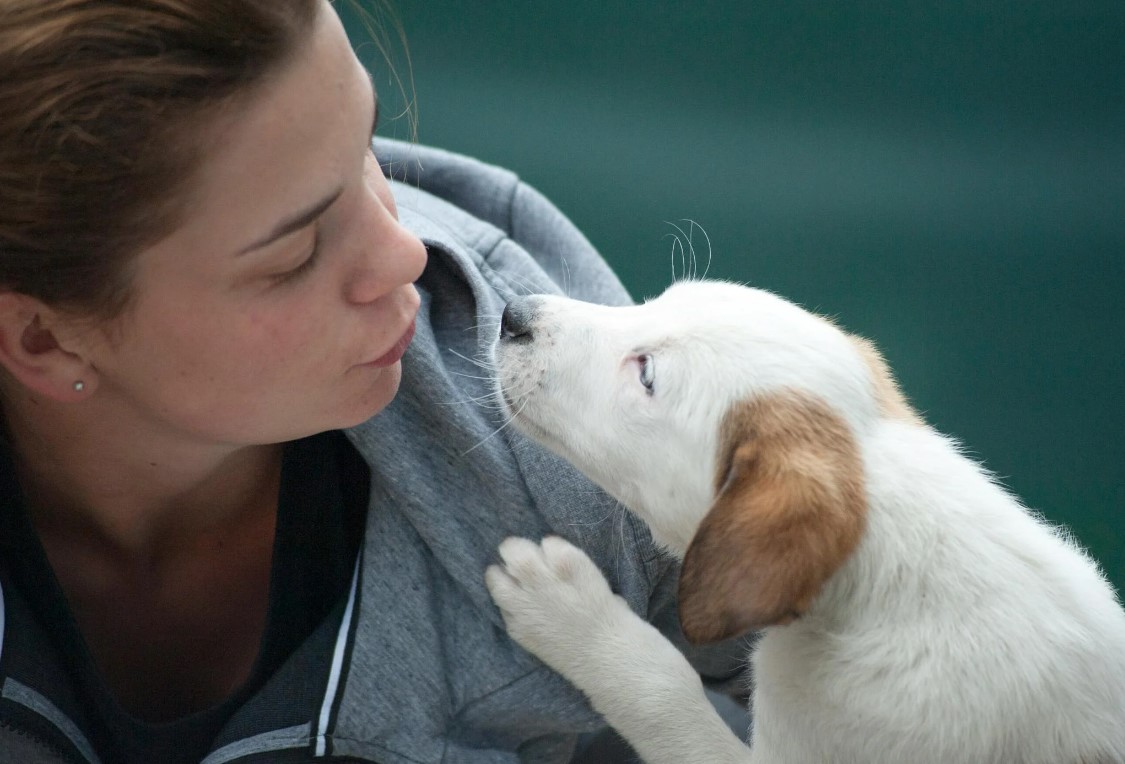How to Start a Dog Daycare and Boarding Business in the UK?
Last Updated on
1. Introduction
Starting a dog daycare and boarding business in the UK is a rewarding venture for dog lovers and entrepreneurs alike. With the increasing number of pet owners and busy lifestyles, the demand for reliable and quality dog care services is on the rise. This blog will guide you through the essential steps and considerations for launching a successful dog daycare and boarding business in the UK.
2. Understanding the Dog Daycare and Boarding Business

What is a Dog Daycare and Boarding Business?
A dog daycare and boarding business provides care for dogs while their owners are at work, on vacation, or unable to look after them temporarily. Services typically include playtime, feeding, grooming, and overnight stays.
Market Demand and Trends in the UK
The pet care industry in the UK is booming, with an increasing number of households owning dogs. According to recent studies, the UK pet care market is valued at over £6 billion, with dog daycare and boarding services playing a significant role. This growth is driven by the rising number of pet owners seeking professional care for their pets.
3. Research and Planning for Your Dog Daycare Business
Conducting Market Research
Start by researching the local market to understand the demand for dog daycare services in your area. Analyze demographics, pet ownership statistics, and competitors.
Identifying Your Target Market
Define your target market, which may include working professionals, frequent travelers, and elderly pet owners. Understanding their needs will help tailor your services accordingly.
Analyzing Competitors
Study your competitors to identify their strengths and weaknesses. This will help you position your business uniquely and offer services that stand out.
4. Legal Requirements and Licensing

Licenses Required to Start a Dog Daycare in the UK
In the UK, dog daycare businesses must obtain a license from their local council. The Animal Welfare (Licensing of Activities Involving Animals) (England) Regulations 2018 outlines the requirements for obtaining a license, including facility standards and care protocols.
Understanding UK Regulations and Compliance
Ensure compliance with all UK regulations regarding animal welfare, health and safety, and business operations. Regular inspections may be conducted to maintain standards.
Insurance Requirements
Obtain appropriate insurance, such as public liability insurance, employer’s liability insurance, and pet insurance, to protect your business, employees, and clients. Checkout complete list of insurances required to start a dog daycare business in UK.
5. Setting Up Your Dog Daycare and Boarding Facility
Choosing the Right Location
Select a location that is easily accessible, safe, and has ample space for dogs to play and rest. Consider proximity to residential areas and transport links.
Designing a Safe and Comfortable Space for Dogs
Design your facility to provide a safe, comfortable, and stimulating environment for dogs. This includes secure fencing, clean sleeping areas, and designated play zones.
Essential Equipment and Supplies
Invest in high-quality equipment and supplies such as kennels, bedding, toys, grooming tools, and feeding bowls. Ensure all items are safe and suitable for dogs.
6. Cost Involved in Starting a Dog Daycare and Boarding Business
Initial Investment and Startup Costs
Initial costs include facility rental or purchase, renovations, equipment, licenses, and marketing. A rough estimate of startup costs can range from £10,000 to £50,000, depending on the scale of your business.
Ongoing Expenses
Ongoing expenses include staff salaries, utilities, insurance, supplies, and maintenance. Budgeting for these costs is crucial for financial stability.
Budgeting and Financial Planning
Create a detailed business plan and budget to manage your finances effectively. This should include projected income, expenses, and contingency funds. Check out detailed on how much does it cost to start a dog day care and boarding business in UK.
7. Staffing Your Dog Daycare
Hiring Qualified Staff
Hire experienced and passionate individuals who love working with dogs. Look for qualifications such as animal care certifications and relevant experience.
Training and Certifications
Provide training for your staff to ensure they are knowledgeable about dog behavior, health, and safety. Encourage them to pursue further certifications.
Staff Roles and Responsibilities
Define clear roles and responsibilities for your staff, including caregiving, cleaning, customer service, and administration.
8. Marketing Your Dog Daycare Business

Developing a Marketing Strategy
Develop a comprehensive marketing strategy to attract clients. This may include online marketing, social media, local advertising, and partnerships with pet-related businesses.
Effective Advertising Channels
Utilize various advertising channels such as Google Ads, social media platforms, local newspapers, and community boards to reach your target audience.
Building an Online Presence
Create a professional website and maintain active social media profiles. Share engaging content, client testimonials, and promotions to build your online presence.
9. Providing Excellent Customer Service
Building Relationships with Pet Owners
Foster strong relationships with pet owners by providing personalized service and regular updates about their dogs. This builds trust and loyalty.
Handling Customer Inquiries and Feedback
Respond promptly to customer inquiries and feedback. Address any concerns professionally and strive to improve your services based on client input.
Ensuring Customer Satisfaction
Ensure customer satisfaction by maintaining high standards of care, communicating effectively, and offering value-added services such as grooming and training.
10. Managing the Daily Operations
Daily Routines and Schedules
Establish daily routines and schedules for feeding, playtime, rest, and grooming. Consistency is key to maintaining a well-organized daycare.
Health and Safety Protocols
Implement strict health and safety protocols to prevent accidents and illnesses. Regularly clean and disinfect the facility, and monitor the dogs for any signs of health issues.
Record-Keeping and Administration
Maintain detailed records of each dog’s care, health, and behavior. Efficient administration is essential for smooth operations and regulatory compliance.
11. Expanding Your Dog Daycare and Boarding Business
Adding Additional Services
Consider adding additional services such as grooming, training, and pet transportation to increase revenue and attract more clients.
Growing Your Customer Base
Expand your customer base by offering referral incentives, loyalty programs, and seasonal promotions.
Long-Term Business Planning
Develop a long-term business plan that includes goals for expansion, financial targets, and strategies for sustainability. Here are the dog daycare business daily rates in UK.
Related Article: Legal Requirements & Licenses Required to Start a Dog Daycare & Boarding Business in the UK
Frequently Asked Questions (FAQs)
1. What are the key steps to start a dog daycare and boarding business in the UK?
- Conduct market research
- Obtain necessary licenses
- Set up a suitable facility
- Hire qualified staff
- Market your services
2. How much does it cost to start a dog daycare business in the UK?
Initial startup costs can range from £10,000 to £50,000, depending on the scale and location of your business.
3. What licenses are required to operate a dog daycare in the UK?
You need a license from your local council, in accordance with the Animal Welfare (Licensing of Activities Involving Animals) (England) Regulations 2018.
4. How can I attract customers to my dog daycare business?
Develop a strong marketing strategy, build an online presence, and offer excellent customer service.
5. What ongoing expenses should I expect in a dog daycare business?
Ongoing expenses include staff salaries, utilities, insurance, supplies, and maintenance.
By following these guidelines and planning carefully, you can successfully start and grow a dog daycare and boarding business in the UK, providing a valuable service to pet owners and ensuring the well-being of their beloved dogs.








